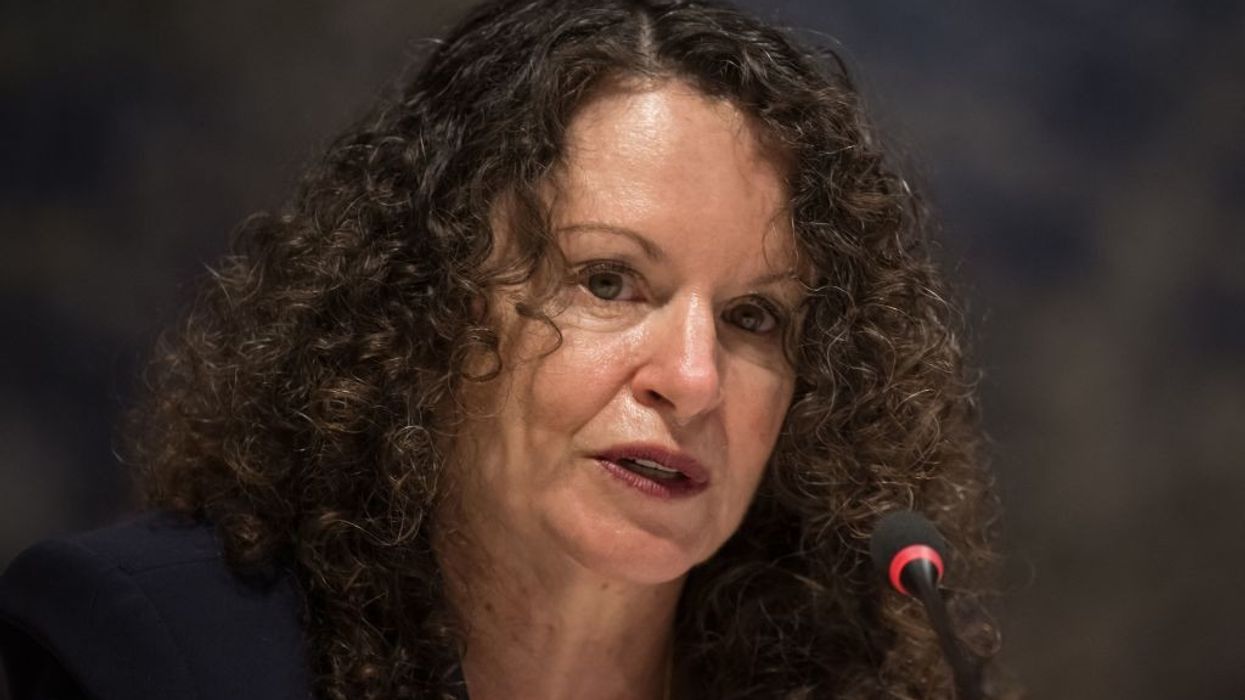THE UN Human Rights Council voted on Wednesday (12) to condemn recent Koran burning incidents, but many countries declined to back the measure, fearing it encroached too much on free speech.
Despite overwhelming condemnation of the Muslim holy book being desecrated, the vote brought more division than unity as Western nations said that more negotiation could have resulted in a consensus.
Pakistan and other Organisation of Islamic Cooperation (OIC) countries brought forward a resolution after an Iraqi refugee burnt pages from the Koran outside Stockholm's main mosque last month, triggering a diplomatic backlash across the Muslim world.
The United Nations' top rights body backed the resolution by 28 votes in favour, with 12 against and seven abstentions.
Despite the vote passing to applause, there was little cheer in the chamber in Geneva.
US ambassador Michele Taylor said that with more time and open discussion, a consensus could have been reached.
"Unfortunately our concerns were not taken seriously," she said.
"I'm truly heartbroken that this council was unable to speak with a unanimous voice today in condemning what we all agree are deplorable acts of anti-Muslim hatred while also respecting freedom of expression."
Lack of courage claim
There was scant sense of triumph in Pakistan ambassador Khalil Hashmi's speech after the vote.
Speaking for the OIC, Hashmi said the resolution did not seek to curtail free speech, but was instead aimed at striking a prudent balance.
"Regrettably, some states have chosen to abdicate their responsibility to prevent and counter the scourge of religious hatred," he said.
"A message has been sent to billions of people of faith across the world that their commitment to prevent religious hatred is merely a lip service.
"The opposition of a few in the room has emanated from their unwillingness to condemn the public desecration of the holy Koran.
"They lack political, legal and moral courage."
The wording of the resolution condemns all manifestations of religious hatred, including "public and premeditated acts of desecration of the Holy Koran", and underscores the need to hold those responsible to account.
It urges states to adopt laws to "address, prevent and prosecute acts and advocacy of religious hatred that constitute incitement to discrimination, hostility or violence".
It also wants the UN rights chief Volker Turk to identify gaps in countries' laws in light of the resolution.
Britain, the United States, the European Union countries including France and Germany, Costa Rica and Montenegro voted against the resolution.
Benin, Chile, Mexico and Nepal were among the abstentions.
Argentina, China, Cuba, India, South Africa, Ukraine and Vietnam backed the resolution.
(AFP)




